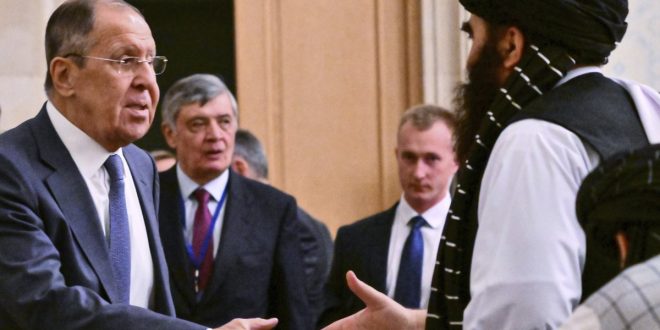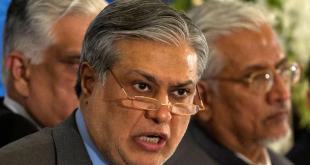KABUL: Russia is forging deeper ties with Taliban-ruled Afghanistan, marking a dramatic turn in regional geopolitics. During the St. Petersburg International Economic Forum on June 20, Moscow and Kabul agreed to expand Afghan labor migration into Russia—a move that not only boosts economic engagement but also signals a new era in their bilateral relationship.
Under the deal, Russia will open its labor market to 1,000 skilled Afghan workers, including masons, electricians, welders, and agricultural specialists. The workers are expected to be deployed to regions such as Chechnya and Tatarstan. This marks the first large-scale labor migration program between the two nations and reflects Moscow’s growing view of Afghanistan as part of the Central Asian sphere.
The agreement comes at a time when millions of Afghan refugees are being deported from Iran and Pakistan, leaving the Taliban regime increasingly isolated. While the international community distances itself from the Taliban, Russia is stepping in—not just with jobs, but also with humanitarian aid and upgraded diplomatic recognition. In April, Moscow officially removed the Taliban from its list of terrorist groups, and by June, it had elevated the Taliban envoy to ambassadorial status.
Analysts say Russia’s new approach is part of a larger strategy to counter growing Chinese influence in Afghanistan. Beijing has already secured mineral extraction deals and brought Afghanistan closer to the Belt and Road Initiative. But Moscow is responding with bold initiatives—labor migration, digital infrastructure, and railway development—that could shift the balance in its favor.
Security is another key factor. After the Crocus City Hall terrorist attack in Moscow, allegedly orchestrated by ISIS-K, Russia has intensified direct security talks with the Taliban. Officials in Moscow believe that economic opportunity is essential to combatting radicalization, making labor migration a cornerstone of their counterterrorism strategy.
Moscow’s outreach also taps into soft power. Through programs like “Peoples Together Through the Years,” Russia has distributed food aid to tens of thousands of Afghans and is attempting to move beyond the painful legacy of the Soviet-Afghan war. The message: Russia is no longer an occupier, but a friend in times of need.
With trade expected to reach $3 billion in 2025 and a growing portfolio of infrastructure projects, Russia is positioning itself as a key partner in Afghanistan’s future—economically, diplomatically, and strategically.
 Afghanistan Times
Afghanistan Times




